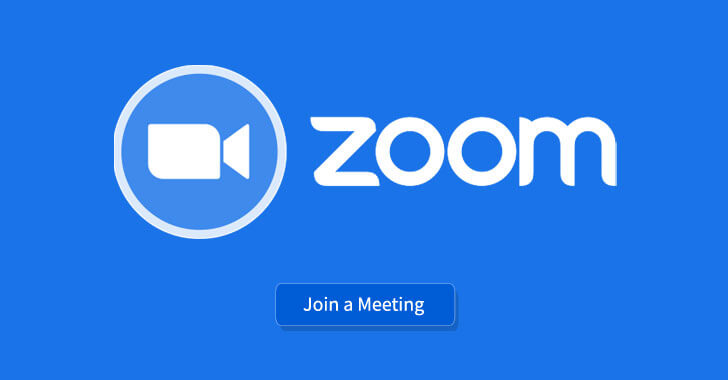Zoom does not protect the data of nonpaying users!
If you use zoom, chances are that you are using the free version. If so, your data (meetings, videos, speeches, pictures, files containing numerical data, etc.) are not protected at all, and might as well end up in the hands of a foreign government. This is unlike in WhatsApp, for example, which has an end-to-end […]

If you use zoom, chances are that you are using the free version. If so, your data (meetings, videos, speeches, pictures, files containing numerical data, etc.) are not protected at all, and might as well end up in the hands of a foreign government.
This is unlike in WhatsApp, for example, which has an end-to-end (e2e) encryption (e2ee) for ALL users that makes sure only you and the person you are sending your data to can access the contents.
Zoom has certainly come a long way on the encryption matter, even within the company’s rather short time of notoriety!
First, zoom had of recent claimed that its platform had an end-to-end encryption capability that protects the data of all users.
Next, the company retracted its proclamation, saying that the encryption feature it claimed to have was in fact not available; basically saying that the company had lied.
Then came stories that zoom started to develop an end-to-end encryption technology, and now the CEO is saying that the feature will only be available to customers that pay to use zoom.
The stated rationale is that Zoom wants to help the FBI of the US and other law enforcement agencies to access any videoconferencing data if they desire to do so.
This is obviously quite reminiscent of the way things are done in China, and it could
be that Zoom also wants to help the Chinese government in the process.
“Free users for sure we don’t want to give [e2e encryption] because we also want to work together with FBI, with local law enforcement in case some people use Zoom for a bad purpose,”
Zoom CEO Eric Yuan is reported to have said.
The statement by Zoom’s CEO can certainly be interpreted to mean that folks who use the zoom service for free are the ones who are more likely to engage in criminal activity and that those who pay for the service will probably not.
Obviously, there is some fault in this line of reasoning, as professional mischievous folks are more likely to pay for service so they can hide their tracks.
On the other hand, folks who probably need e2ee, from the standpoint of vulnerability – activists, journalists, and nonprofit organizations – are also the ones with limited financial resources.
So, Zoom’s CEO is probably not telling us the true reason why his company is not planning to protect nonpaying customers.
Some folks have suggested upselling as Mr. Yuan’s true objective. (You upsell when you invite a customer to purchase more than she originally intended so you can generate more revenue.) Probably the company is getting too weighed down by the free component of its service and is looking for a way out. Afterall there are overheads associated with all these free services.
Others have questioned zoom’s transparency based on events at the company in the past couple of months, some of which inflate the company’s worth in several aspects.
Even the ability of the company to provide e2ee to any decent level has been questioned, and suggestions have also been made that the kinds of encryption promised by Zoom, unlike what you have in iPhone and WhatsApp, will allow some backdoor for the company and perhaps others.
The technical difficulties associated with e2ee for the scale of usage of zoom is believed to be beyond the capability of zoom, with suggestions that the denial of e2ee to nonpaying users is an attempt by zoom to contain the technical challenges!
If zoom’s posture is truly what its CEO pronounces that it is, then the company probably doesn’t care much about public safety and citizens’ data rights protection.
This could eventually put Zoom into a collision course with the European Union (EU), who prioritizes the protection of the personal data of its citizens. On the other hand, what Zoom is doing will tie in nicely with the desires of repressive governments.
In this connection, you are reminded of the length that the American company Apple has gone in several occasions to not help the US government hack into the phones of private citizens, and the government had to resort to hiring professional hackers.
(Obviously, I am not suggesting that the US is a repressive government. Far from it at least on the books, as the country is perhaps one of those where people are free, institutionally speaking.)
Besides Apple, we also know that WhatsApp, owned by Facebook, offers true e2ee capabilities to all its users.
I agree with Evan Greer, director of (the digital rights organization) Fight for the Future that “anyone who cares about public safety should be pushing for more encryption everywhere possible, not less.”
“For the company (Zoom) to say they’ll only keep your calls safe and secure if you pay extra—they’re leaving the people most likely to be targeted by surveillance or online harassment vulnerable.
“They have a chance to do something really good for human rights by implementing default end-to-end encryption to all users. But if they make it a premium paid feature, they’re setting a precedent that privacy and safety is only for those who can afford for it.”
